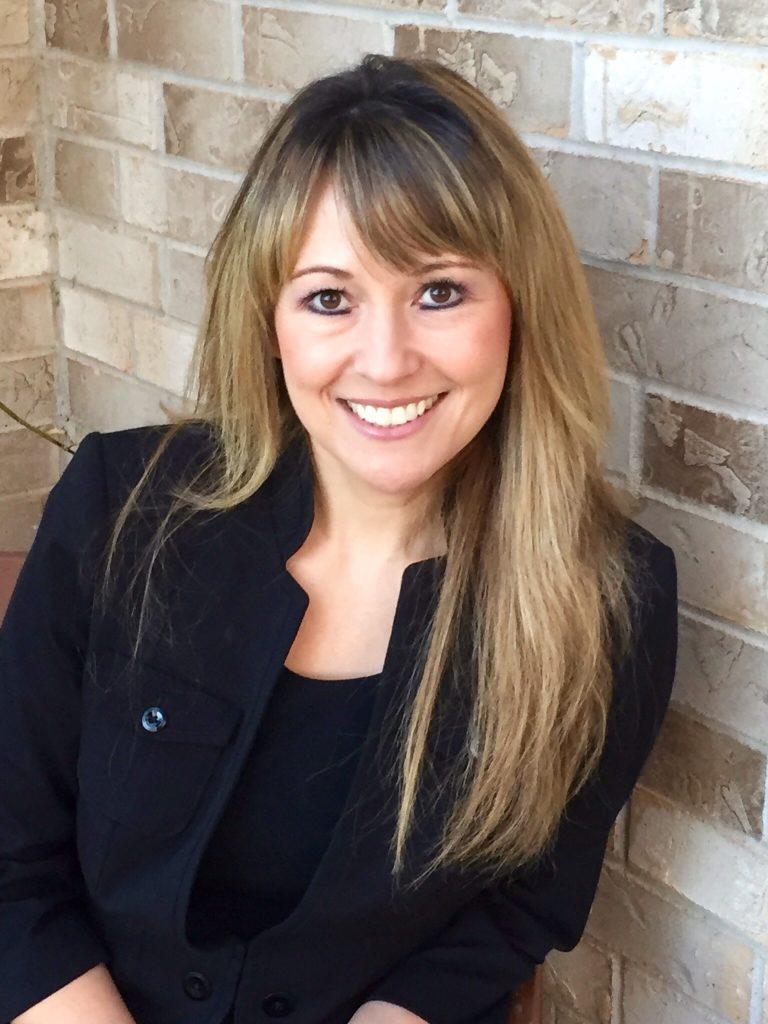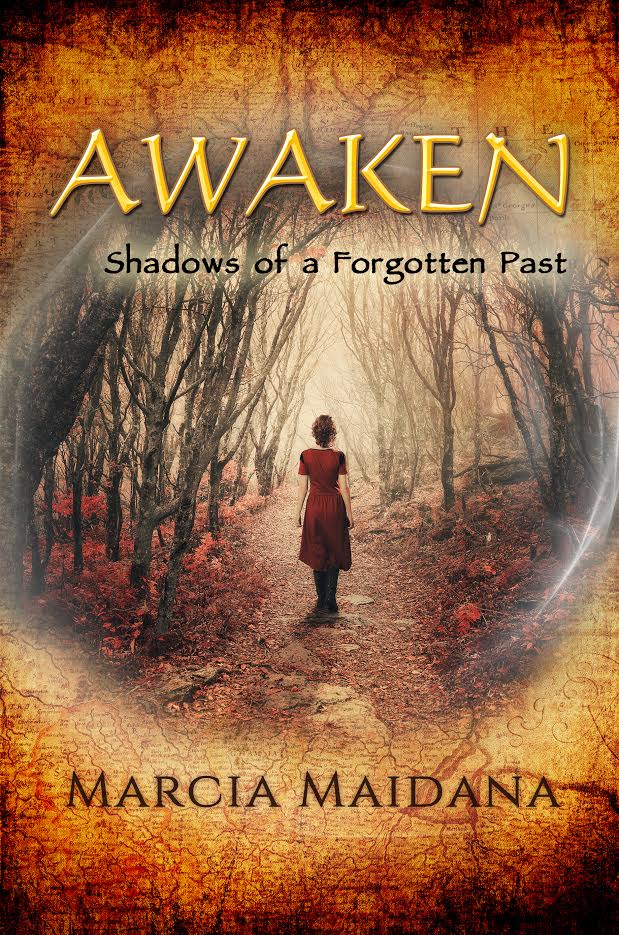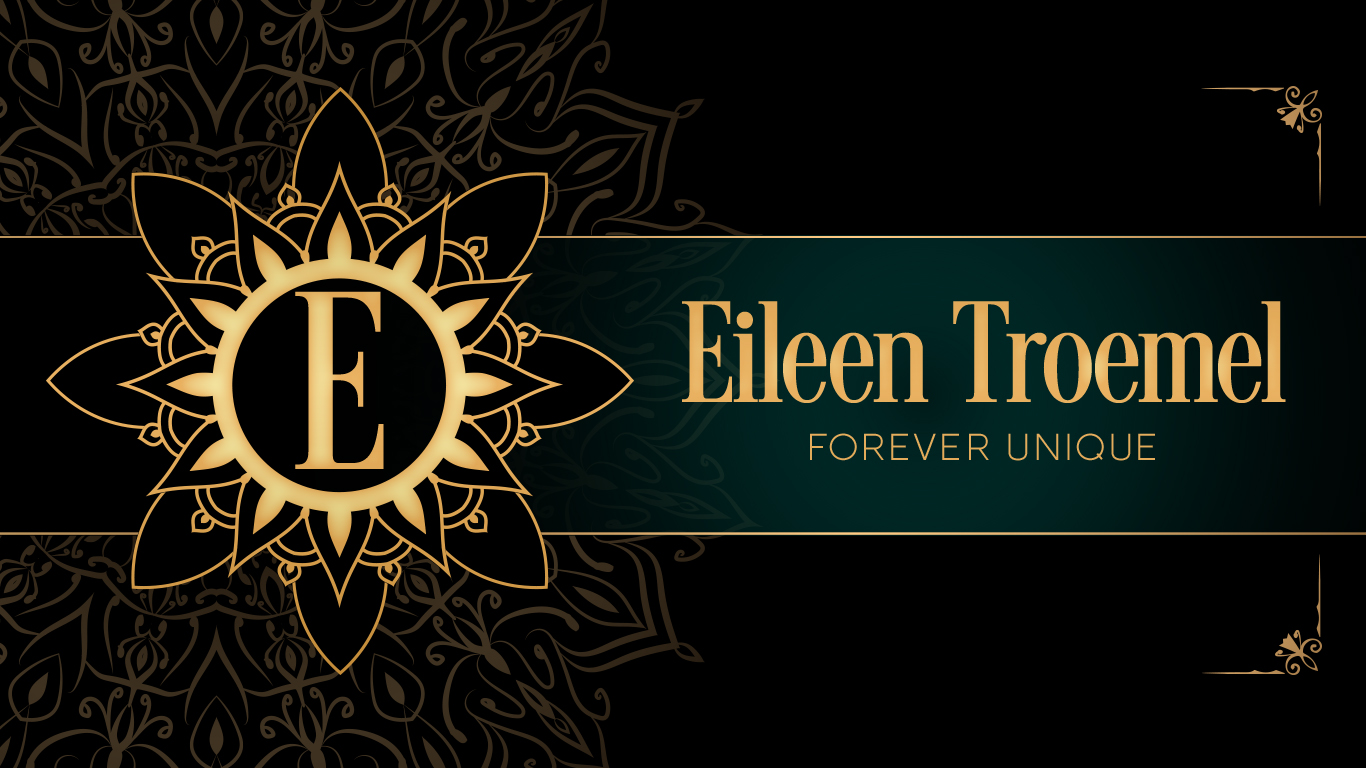Marcia writes young adult/adult fiction. She and I connected on Facebook. Her books look delightful and I’m glad to get to know her a little more through this interview. I loved finding out we have a common interest in Genealogy!
Author Bio:
I was born and raised in Argentina among a mixed culture of Spaniards and Italians. I got my first library card when I was eight years old. It meant so much to me that after more than three decades, I still have it in my possession. The library allowed patrons to check out two books per week, which wasn’t enough for me. I then decided that I’d volunteer at the library so I could read books during breaks.
I learned a little British English in Argentina. When I arrived in the United States, I had no idea what language was being spoken.
I’m an International Genealogist specializing in the countries of France, Italy, and Spain.
I love to plant flowers and see them grow. I love mint, so I grow it in my garden as well.
My grandmother was Italian. She made her pasta from scratch and it was delicious. Very rarely do I eat store-bought pasta since its taste is so different.
My childhood home is located a block away from a Catholic convent. I was fascinated with the nuns and priests; hence, there are nuns and priests in Shadows of Time Duology.
My children laugh when I tell them who the most influential women in my life are (of course they aren’t the most influential, but I do appreciate them very much), they are: Agatha Christie, for her incredible stories which inspired me to be a better writer; Denise Austin, who has kept me in shape through her workout videos without having to leave the house; Mary Kay, whose make-up products I can’t live without.
1. Tell us about yourself

I was born and raised in Argentina during the military regime which ended with the loss of many young lives in the invasion of the Falkland Islands. Amidst the devastating effects of military government and war, reading and writing became a passion which expanded and transported my imagination with the possibility of a brighter future.
At the age of eighteen, I moved to the United States, where I studied English and started my own family. Soon I discovered that the love I have for my husband and children would naturally unfold towards my European roots, leading me to become a genealogist and family historian. A decade of searching, compiling, and learning the stories of thousands of people has instilled in me a profound gratitude for the strong ties that can be achieved in families through personal sacrifice.
So it is that through fiction, Shadows of Time duology (Awaken, Shadows of a Forgotten Past and Alive, Shadows of a Living Past) explores and exposes the characteristics of true love and loyalty in times of fear, war, and finally, death. But perhaps the most captivating element in the story is the battle within the souls of the main characters as they search to know who they really are and how they are connected.
2. When did you know you wanted to be an author?
I started writing short stories when I was about eight years old, but I never imagined that I would publish anything.
Six years ago, I was learning about a man in my father’s Italian line whose wife died at a younger age, but the man never remarried although he lived for another 30 years. I started to wonder how things might have been different if something a little magical had happened.
That’s when the idea for “Awaken,” a historical, time travel romance, popped into my head.
I wasn’t thinking to become a writer, rather the story made me a writer. I fell in love with the idea and I wanted to see how it would play out.

3. What genres do you like to read? Are these the same genres you write in?
I love to read and to write in the following genres: Historical romance, mystery, action, time travel, with a supernatural twist.
I love writing a combination of genres. Awaken and Alive are a mixture of romance, mystery, time travel, and action with a supernatural twist.
4. Is your book for adults, young adults or children?
Young adults and adults.
5. What is your current release or project?
I’m working on another historical mystery.
6. Tell us about the key characters
The story will focus on a young lady, who has been sheltered from the world by her parents her entire life. Due to unexpected events, she’ll have to grow up and face the real world by herself.
7. What advice would you give a beginner?
Never give up! Keep writing!
Social Media Links
Purchasing Links
Barnes & Noble
As an Amazon Associate I earn from qualifying purchases. This does not affect the cost of the item at all.
